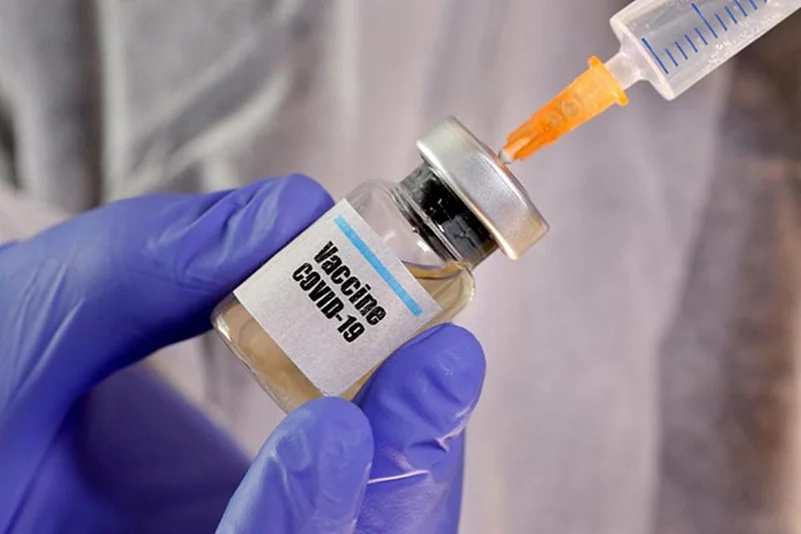Pharmaceutical company AstraZeneca on Monday shared details about the ability of its Covid-19 vaccine to bring down cases of symptomatic coronavirus and prevent hospitalisations. Here’s a look at all the findings and a comparison with the data that has been shared on this vaccine so far:
What is the AstraZeneca vaccine?
In collaboration with The University of Oxford, AstraZeneca has developed the AZD1222 vaccine. In India and other low and middle-income nations, it is manufactured and supplied under the name “Covishield” by Serum Institute of India (SII) through a licence from the university and the Swedish-British drugmaker.
The vaccine uses a weakened version of a common cold chimpanzee adenovirus to carry the code to make the protein that creates the spikes on the surface of the SARS-CoV-2 virus. Once injected into the body, the cells infected with the adenovirus start making the spike protein and the body is expected to develop an immune response to this.
Advertisement
The latest findings and what do they mean?
Interim results from phase 3 clinical trials conducted on 32,000 participants across the US, Chile and Peru show that the vaccine had an efficacy of 79 per cent against symptomatic Covid-19, The University of Oxford and AstraZeneca reported. More importantly, the efficacy in the cases of severe or critical symptomatic Covid-19 was 100 per cent.
In simpler words, it means that the possibility of getting symptoms of Covid-19 reduced by 79 per cent in those vaccinated in these trials compared with those who weren’t vaccinated.
Why is this significant?
As per the initial findings, the efficacy of the vaccine in these trials is much higher than its efficacy in trials conducted in countries like the UK and Brazil. The vaccine’s efficacy in the US, Peru and Chile trials was 79 per cent for symptomatic Covid-19 when the second dose was given four weeks after the first.
Advertisement
AstraZeneca in November 2020 had said that interim findings reflected that two full doses of the vaccine given four weeks apart had an efficacy of 62 per cent.
This number was even lower in an updated study that draws from phase 3 trials on 17,177 participants across the UK, Brazil and South Africa.
Details of the latest study
The results of the latest study reflect a difference in the criteria used to classify whether the participants have the disease between these trials.
“The absolute efficacy is higher in this new study than observed in the Oxford-led studies, as efficacy is affected by the protocol case definition (higher for more severe cases) and the population in which the study is conducted. Today’s findings are in line with findings from other major vaccine developers who studied efficacy in the US,” stated The University of Oxford in a release.




















